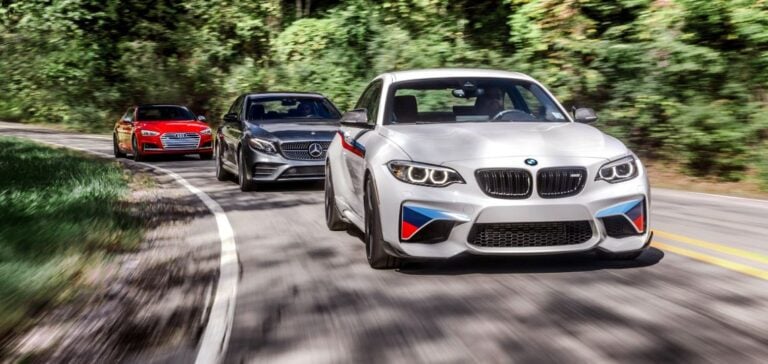The electric car market in Germany faced a challenging year in 2024, with registrations falling by a dramatic 27%, according to data from the Federal Motor Transport Authority (Kraftfahrt-Bundesamt, KBA). This decline contributed to an overall drop in the automotive market, with total registrations reaching 2.81 million vehicles, a 1% decrease compared to the previous year.
The Consequences of Subsidy Cuts
The sudden cessation of public subsidies for electric car purchases in December 2023 significantly affected demand. Consumers, grappling with persistent inflation and higher prices for electric models compared to their combustion engine counterparts, delayed their purchasing decisions. The market share of electric cars fell to 13.5%, down from nearly 19% in 2023.
Despite this decline, hybrid vehicles saw a 12.7% growth, now accounting for one in three registrations. Meanwhile, gasoline-powered engines regained ground, with sales increasing by 1.4%, underscoring a trend unfavorable to the energy transition.
A European-Wide Decline
This crisis is not limited to Germany. In November 2024, electric car sales decreased in 14 of the 27 European Union countries, with their market share dropping from 16.3% to 15%, according to EY. European manufacturers face intensified competition from Chinese companies and rising production costs.
Regulatory Pressures and Political Challenges
Since January 2025, new European sanctions have imposed stricter pollution thresholds on combustion engines. These regulations could cost up to 16 billion euros in investment capacity, according to the European Automobile Manufacturers Association (ACEA). During a December summit, Chancellor Olaf Scholz urged the European Commission to find solutions that would not hinder investments in electromobility.
On the geopolitical front, Germany’s auto industry faces external threats, including tariffs announced by Donald Trump and European surtaxes on Chinese electric vehicles, which could provoke retaliatory measures from Beijing.
An Uncertain Future for the Electric Market
Prospects for 2025 remain uncertain. While EY anticipates a gradual recovery in the electric vehicle segment, the price cuts needed to attract consumers may significantly impact manufacturers’ profitability. Moreover, limited fiscal initiatives, such as tax breaks for company-owned electric cars, have not yet restored consumer confidence.
As CDU leader Friedrich Merz advocates against banning new combustion engines by 2035, Olaf Scholz is betting on a European purchase incentive to revive demand. However, political and economic tensions continue to complicate Germany’s energy transition.






















